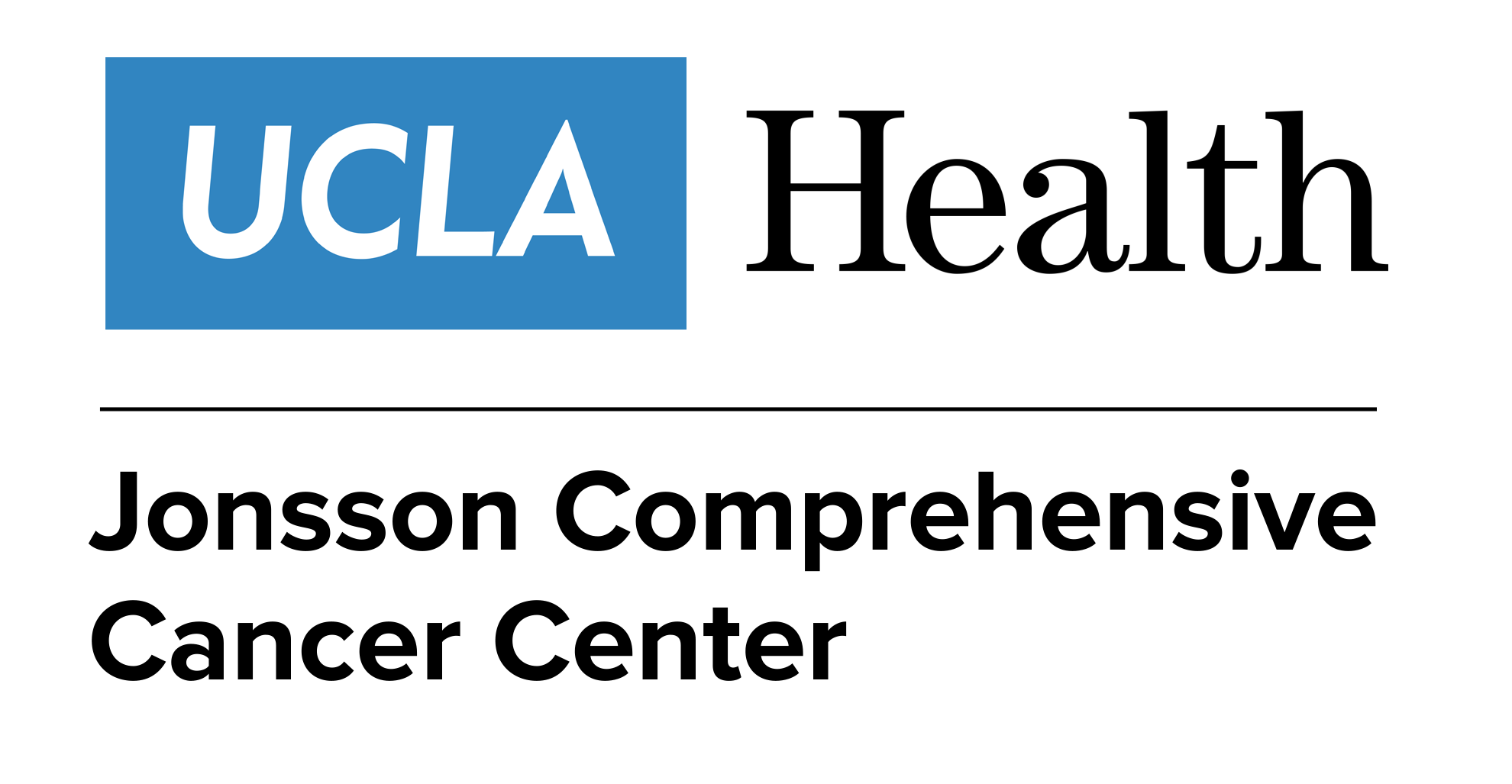- Advertise
- About OncLive
- Editorial Board
- MJH Life Sciences brands
- Contact Us
- Privacy
- Terms & Conditions
- Do Not Sell My Information
2 Clarke Drive
Suite 100
Cranbury, NJ 08512
© 2025 MJH Life Sciences™ and OncLive - Clinical Oncology News, Cancer Expert Insights. All rights reserved.
Dr. Wainberg on the Rationale for the Phase 3 NAPOLI 3 Trial in Patients With PDAC
Zev A. Wainberg, MD, discusses the rationale behind the phase 3 NAPOLI 3 trial in patients with metastatic pancreatic ductal adenocarcinoma.
Zev A. Wainberg, MD, professor of medicine, University of California, Los Angeles (UCLA), co-director, the UCLA GI Oncology Program, discusses the rationale behind the phase 3 NAPOLI 3 trial (NCT04083235) in patients with metastatic pancreatic ductal adenocarcinoma (PDAC).
The NAPOLI 3 trial evaluated liposomal irinotecan (Onivyde) plus 5-fluorouracil (5-FU), leucovorin, and oxaliplatin (NALIRIFOX) vs nab-paclitaxel (Abraxane) plus gemcitabine. Findings presented at the 2023 Gastrointestinal Cancers Symposium showed that NALIRIFOX produced a clinically meaningful and statistically significant improvement in overall survival (OS).
At a median follow-up of 16.1 months (95% CI, 15.3-16.8), the 383 patients treated with NALIRIFOX experienced a median OS of 11.1 months (95% CI, 10.0-12.1), compared with 9.2 months (95% CI, 8.3-10.6) for the 387 patients who were given nab-paclitaxel plus gemcitabine (HR, 0.83; 95% CI, 0.70-0.99; P = .04).
With the trial, investigators attempted to provide clarity on the what should be the optimal frontline therapy regimen for metastatic pancreatic cancer, Wainberg says. The 2 regimens of FOLFIRINOX and nab-paclitaxel plus gemcitabine have been utilized for many years, but no head-to-head comparisons had been conducted , Wainberg explains.
In NAPOLI 3, investigators used NALIRIFOX, which utilized liposomal irinotecan in place of regular irinotecan, along with 5-FU, leucovorin and oxaliplatin, Wainberg continues. A previously completed a dose-escalation and -expansion study determined the optimal dosing strategy for NALIRIFOX, which was used in the randomized phase 3 NAPOLI 3 trial and compared with nab-paclitaxel plus gemcitabine, Wainberg notes.
The trial evaluated 770 patients globally in over 20 countries that help address which frontline regimen provided superiority from a survivorship perspective, Wainberg concludes.


